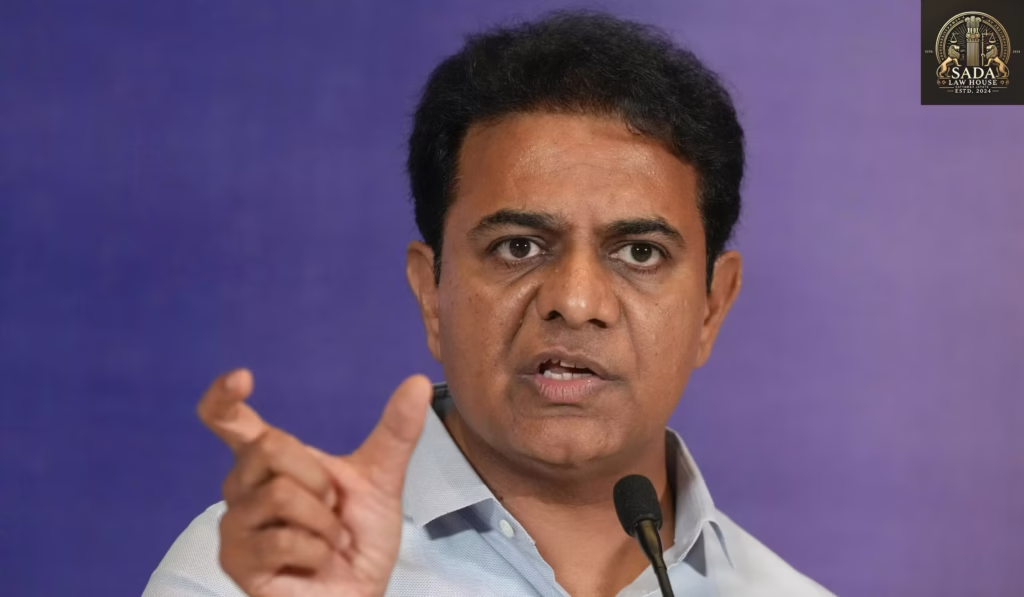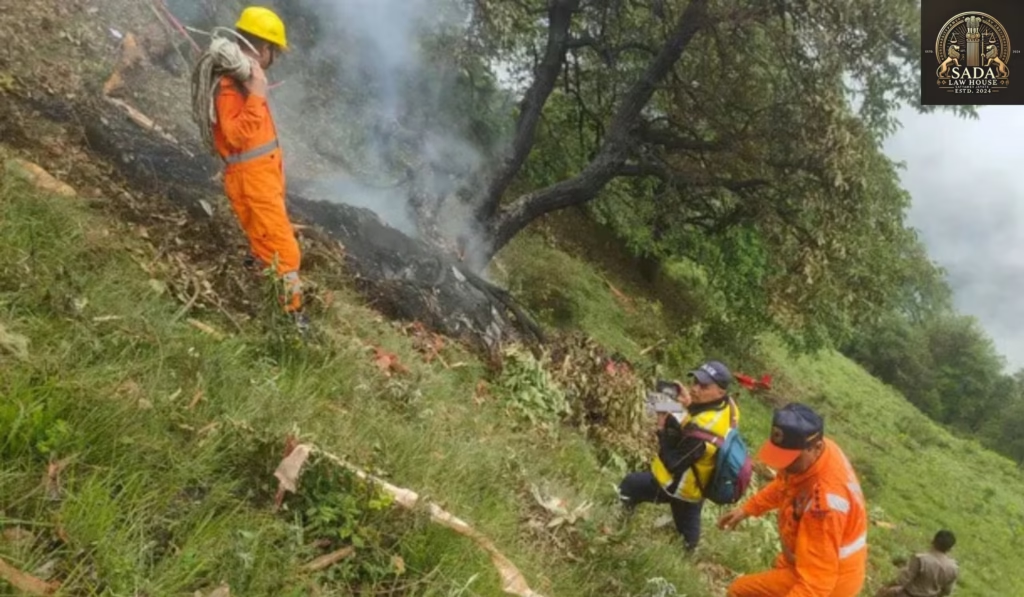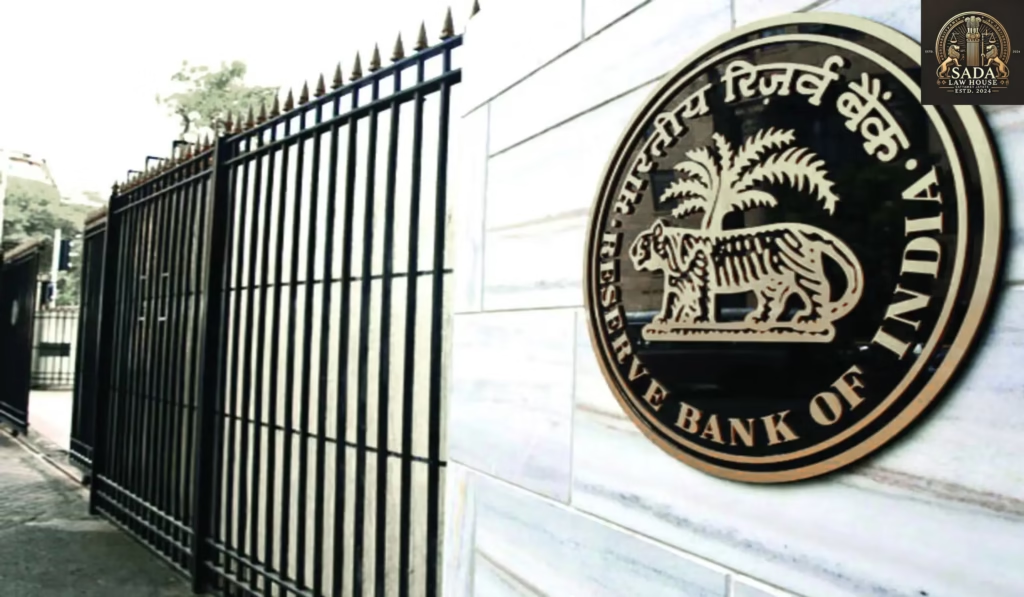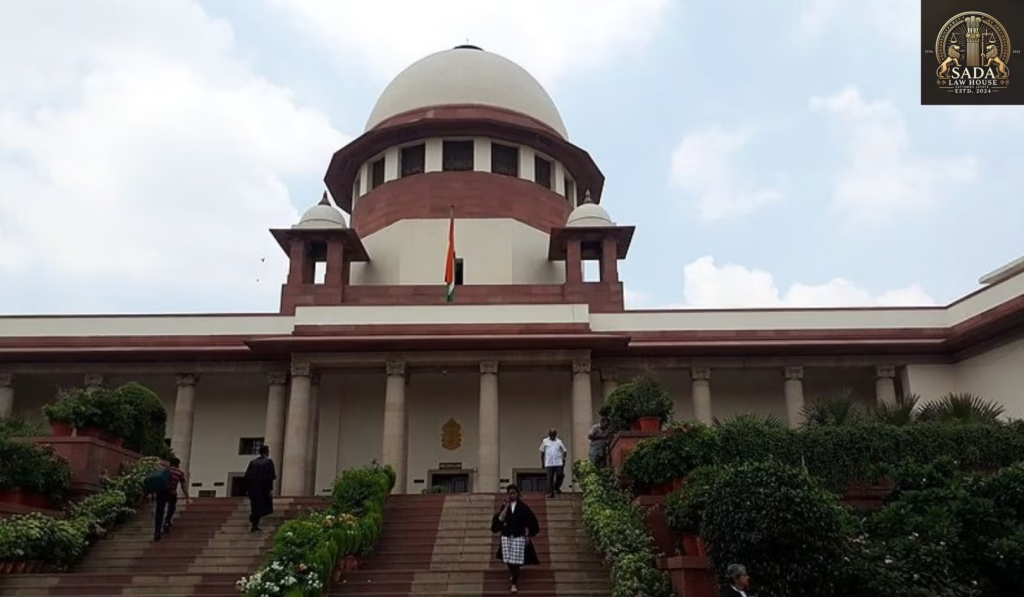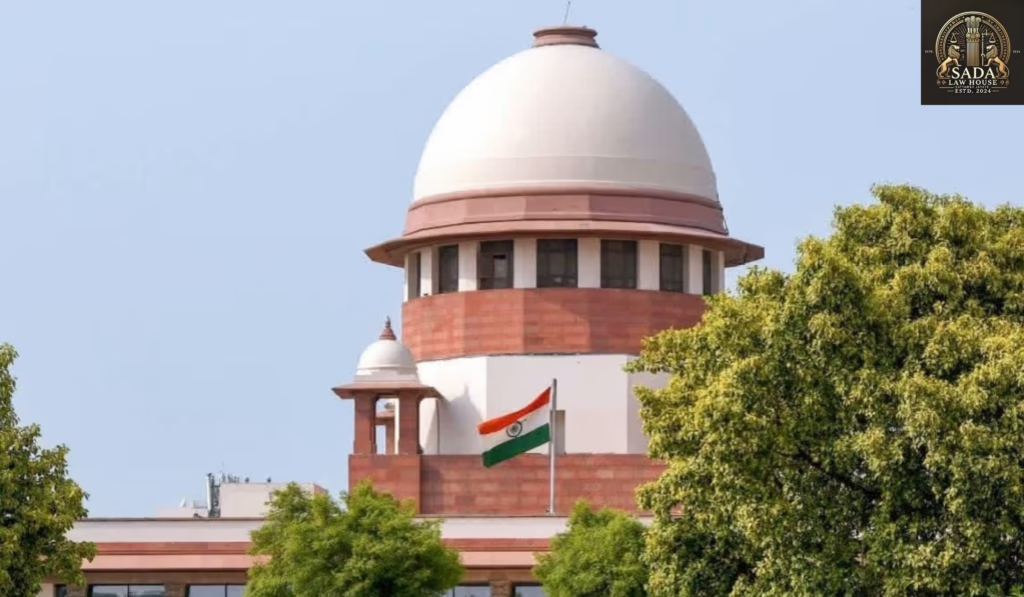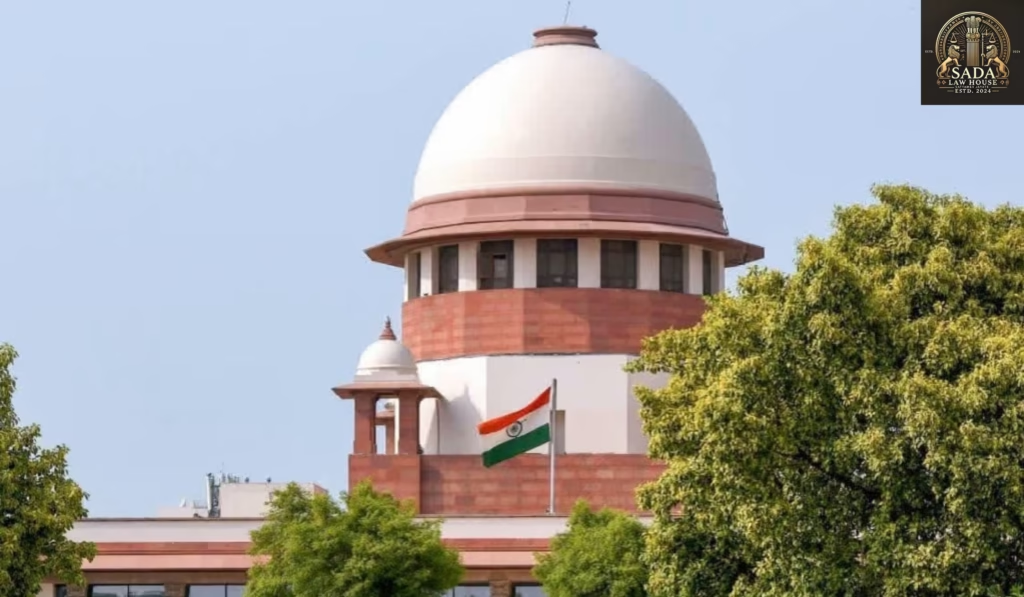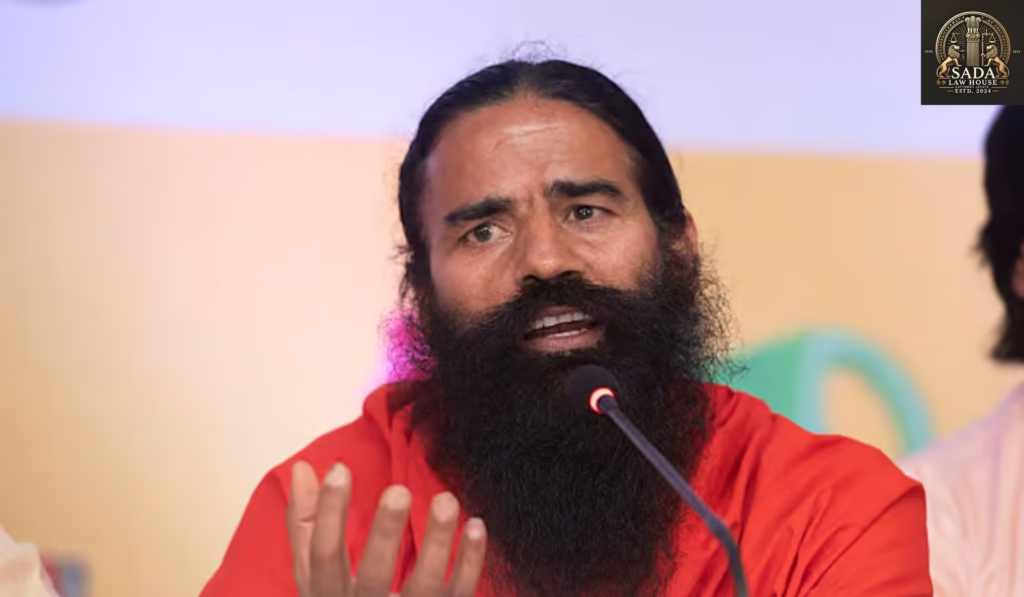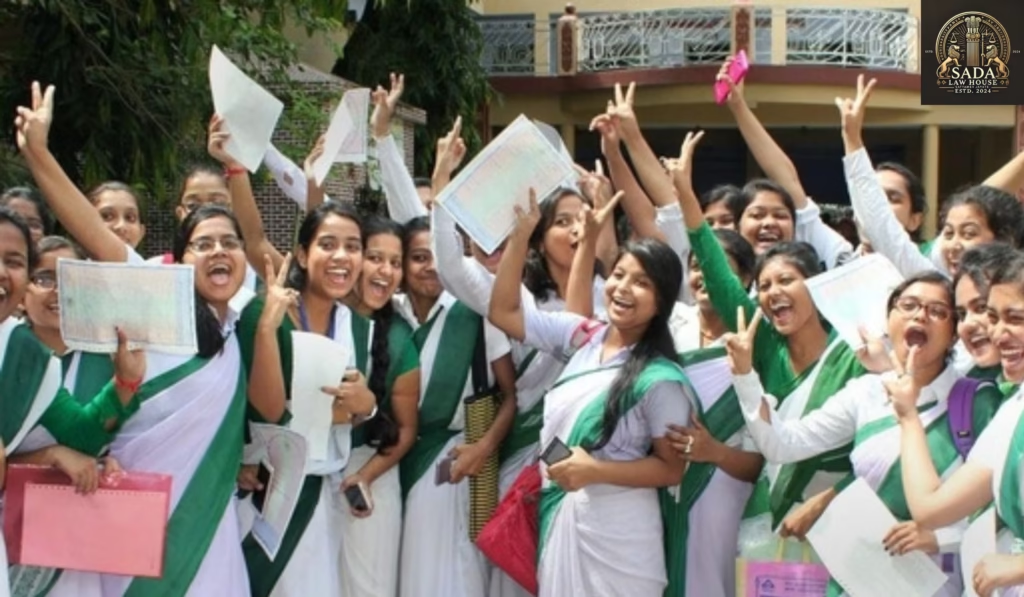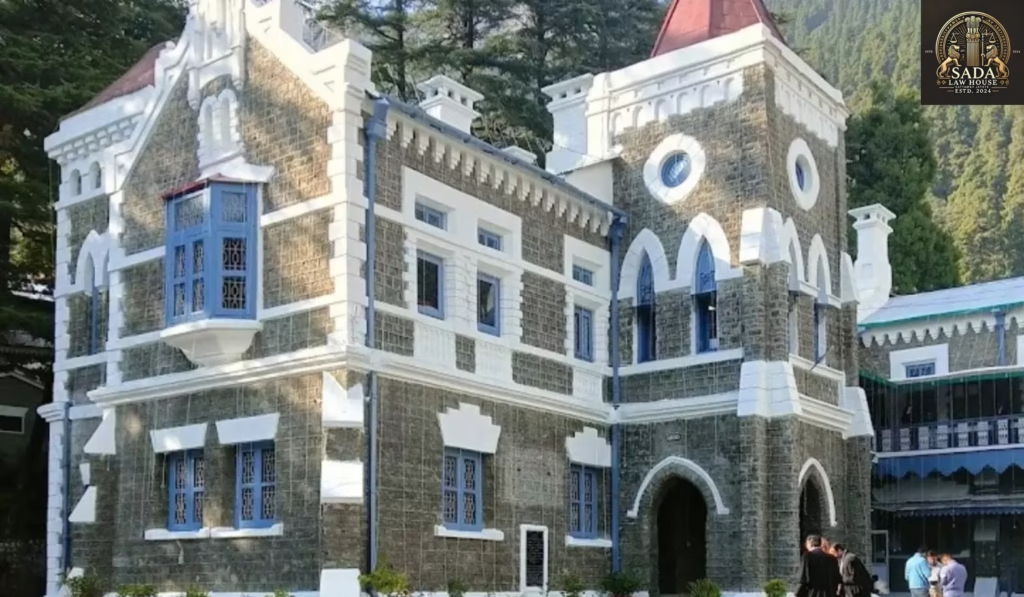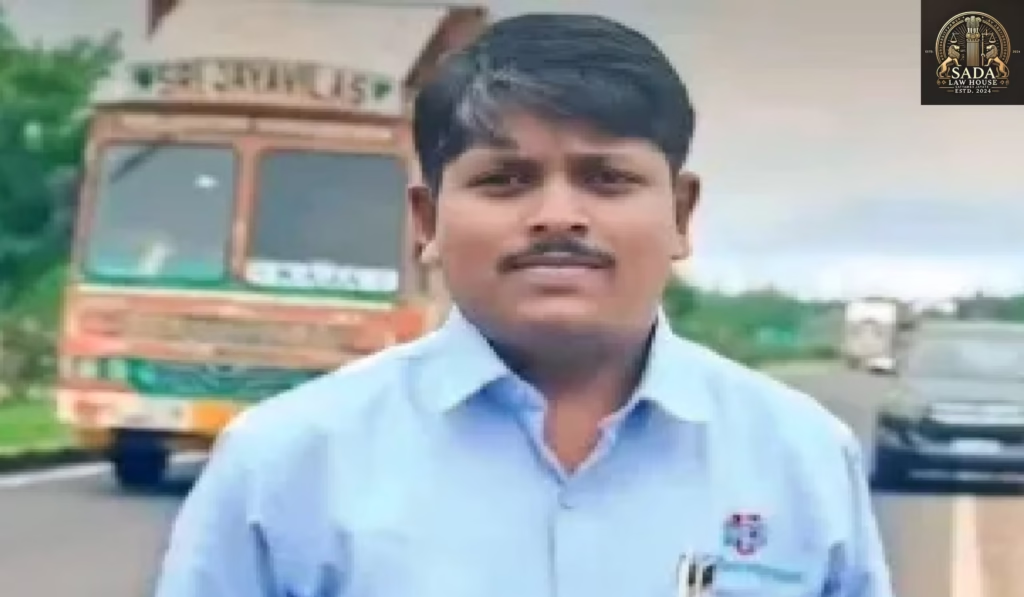K.T. Rama Rao Under Fresh Scrutiny in ₹55 Crore Formula E Probe: ACB Investigates Public-Private Deal Irregularities
Trending Today K.T. Rama Rao Under Fresh Scrutiny in ₹55 Crore Formula E Probe: ACB Investigates Public-Private Deal Irregularities Legal Action in Kedarnath Helicopter Crash: Aviation Safety Under Scrutiny After Tragedy INTERNSHIP OPPORTUNITY AT JLS LAW LEGAL JOB OPPORTUNITY AT JUSPAY, BENGALURU LEGAL JOB OPPORTUNITY AT GOODYEAR, DELHI LEGAL JOB OPPORTUNITY AT BATA, GURGAON RBI Narrows Call Money Rate Band to Signal Liquidity Tightening and Inflation Focus Supreme Court: Absconding Alone Doesn’t Prove Guilt but Is Relevant Under Evidence Act Section 8 Review Petition Challenges Supreme Court’s 3-Year Practice Rule for Judicial Services Entry INTERNSHIP OPPORTUNITY AT TRUEBLUE LEGALS, KANDIVALI OFFICE, MUMBAI K.T. Rama Rao Under Fresh Scrutiny in ₹55 Crore Formula E Probe: ACB Investigates Public-Private Deal Irregularities KASHISH JAHAN 17 June 2025 Senior BRS leader K.T. Rama Rao receives a fresh notice from the Anti-Corruption Bureau (ACB) in Hyderabad over alleged financial irregularities in the ₹55 crore Formula E funding. The probe raises critical questions about transparency in public-private partnerships. K.T. Rama Rao Faces New Notice in Formula E Funding Investigation In a significant development, the Anti-Corruption Bureau (ACB) in Hyderabad has issued a fresh notice to senior BRS leader K.T. Rama Rao. The notice is linked to alleged irregularities in the ₹55 crore funding for the high-profile Formula E race held in the city. This probe is part of a broader investigation into how public funds were allocated and used, raising serious questions about the transparency and accountability of government collaborations with private enterprises. Key Allegations: Misuse of Public Funds At the heart of the investigation are concerns that taxpayer money was misappropriated or distributed without proper oversight. The ACB is reviewing financial records, contractual agreements, and the involvement of key government officials in greenlighting and managing the project. While the Formula E event elevated Hyderabad’s international image, critics argue that it might have been funded at the expense of responsible fiscal management. Political Implications for K.T. Rama Rao and BRS This case carries significant political weight. Opposition parties claim it’s indicative of a broader pattern of misuse of authority and public resources during the previous administration. For K.T. Rama Rao, often seen as the architect of Telangana’s modernization, this investigation poses a major reputational challenge at a time when the public is increasingly demanding greater transparency from political leaders. Public Demands for Accountability in Mega Events Civic groups and transparency watchdogs are urging a fair and thorough probe. They emphasize that while mega events like Formula E can enhance a city’s prestige, they must be managed with strict ethical and financial standards. The broader concern is that such high-profile projects should not become avenues for corruption or unchecked spending. Broader Impact: Public-Private Partnerships Under Scrutiny The Formula E funding controversy is evolving into more than a localized issue—it’s becoming a national conversation about governance in public-private ventures. As the legal process unfolds, it will serve as a litmus test for the integrity of high-value government initiatives and whether they truly serve public interest. Leave a Reply Cancel Reply Logged in as Sada Law. Edit your profile. Log out? Required fields are marked * Message* Live Cases K.T. Rama Rao Under Fresh Scrutiny in ₹55 Crore Formula E Probe: ACB Investigates Public-Private Deal Irregularities Sada Law • June 17, 2025 • Live cases • No Comments Legal Action in Kedarnath Helicopter Crash: Aviation Safety Under Scrutiny After Tragedy Sada Law • June 17, 2025 • Live cases • No Comments RBI Narrows Call Money Rate Band to Signal Liquidity Tightening and Inflation Focus Sada Law • June 17, 2025 • Live cases • No Comments 1 2 3 … 5 Next »

